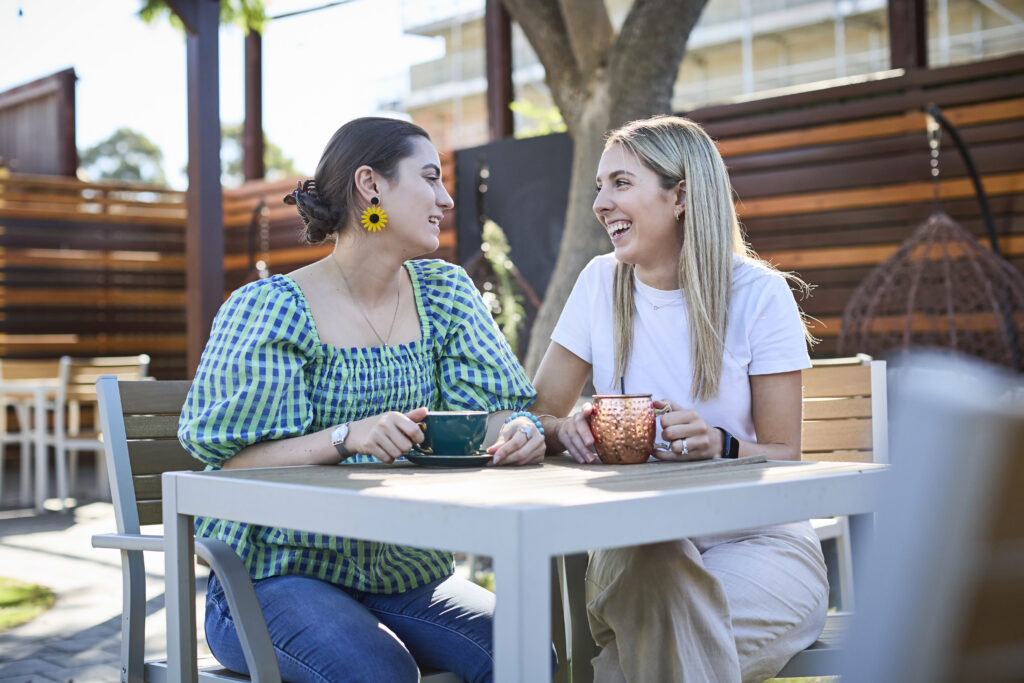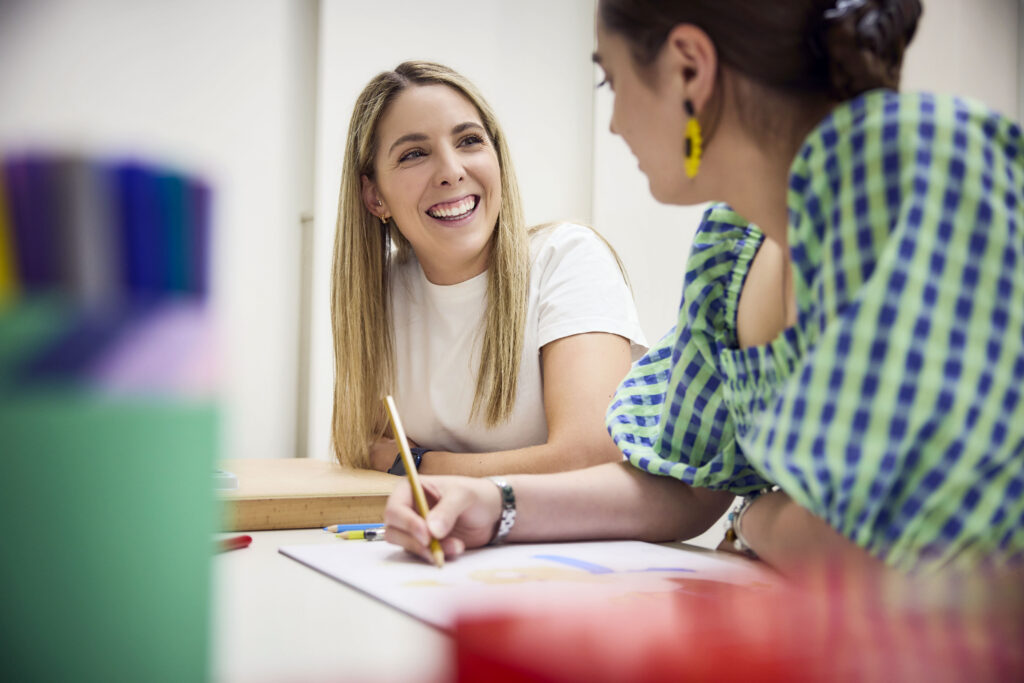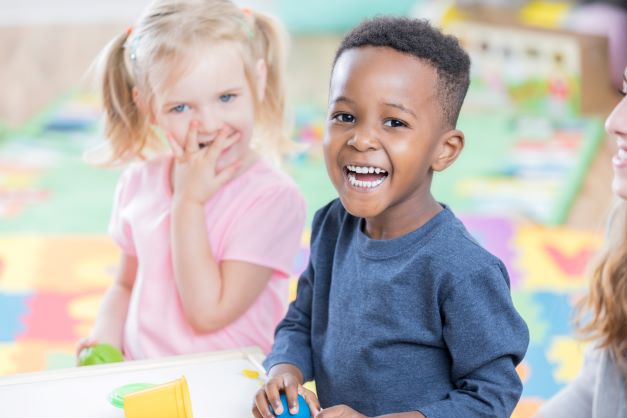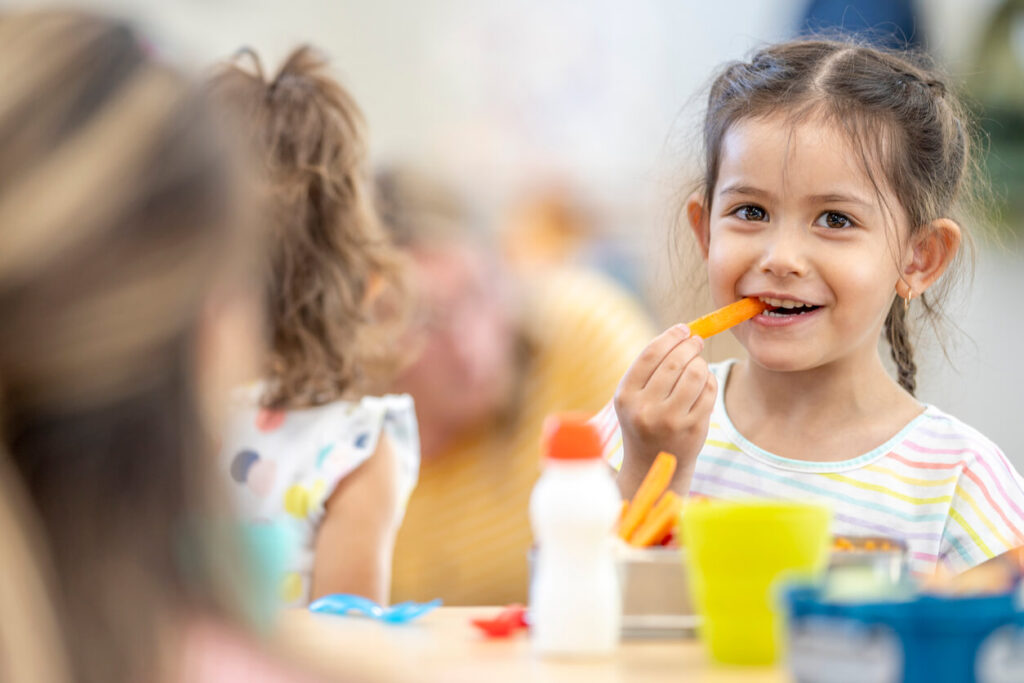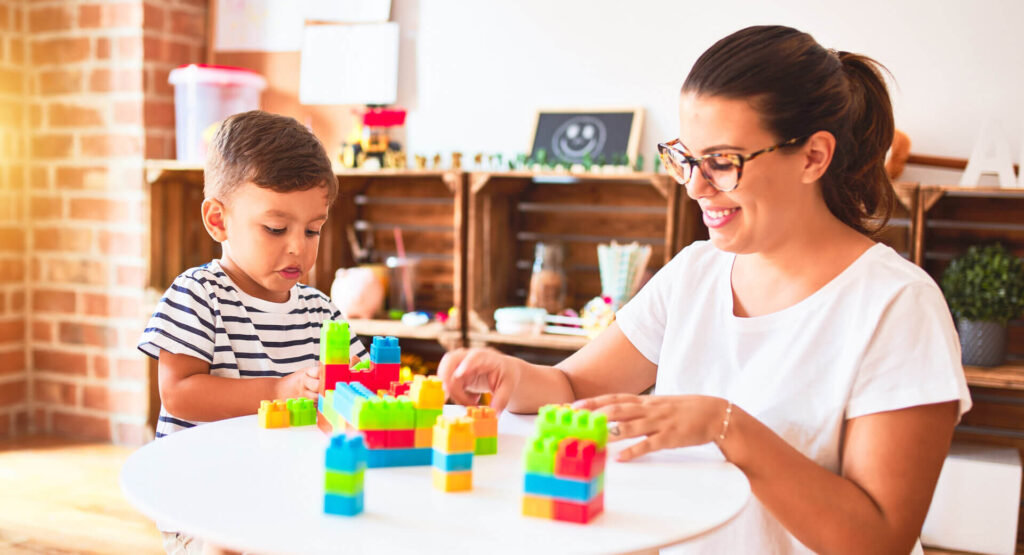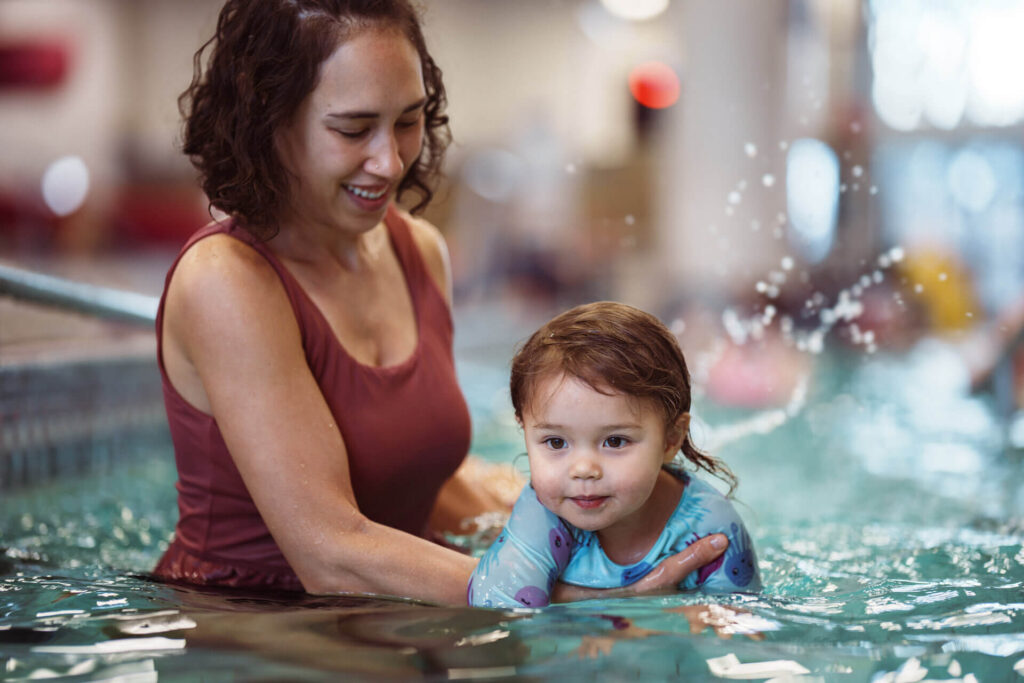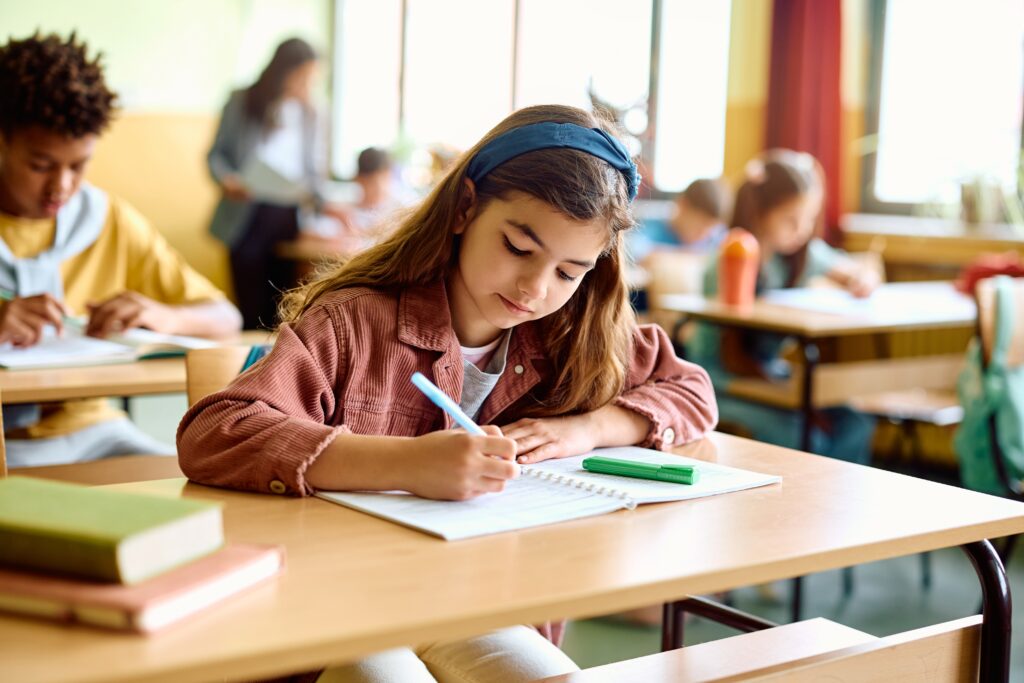Playful moments in time
By Catherine Greenway
B.App.Sc.(OT); Grad.Dip.Ed.(Primary); Grad.Cert.(Health Services Management)
A child’s play is their main occupation across their early years and is made up of moments in time as they seek out the meaning of things in their world.
Starting in infancy, babies delight in being with trusted adults who gently show them the wonder of voice, eye gaze and touch; it is through these close relationships that babies learn.
In my roles as occupational therapist, parent, grandparent and teacher, I have relished watching the incredible unfolding of a child’s personality and skills as they learn to become a ‘player’ in everyday life.
Play is a natural bridge which allows adults and children to be together, sharing the delights of exploration, copying, pretending and creating in a fun environment.
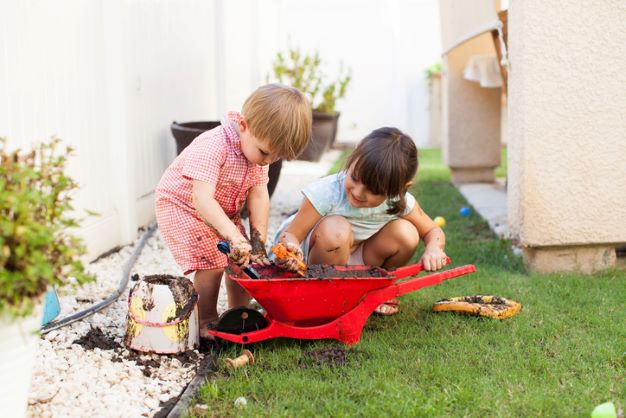
Play is universal
The stages of child development have been studied for many years and can be found in many parenting books and websites.
Skills observed consistently in children at different ages are framed as developmental stages and can be observed across all cultures.
The movements that babies use, regardless of the clothing that they wear or the objects they are given to touch and hold, are alike in children across the world.
Play is a universal phenomenon and the vehicle by which children develop and learn to be participants and contributors in their communities.
Social skills grow through countless interactions with others and start as simply as when babies reach out and grasp an object held by another, as they cry for help when they encounter obstacles in their play and move on to much more complicated social actions during a game of hide and seek.
Communicating and learning through play
These interactions involve complex communications as children and their play partners use sound, gesture, touch and vision to engage with each other.
This social development through play is much more fun when adults show their joy and playfulness in these moments as they play with them.
As the play relationship develops further there is a beautiful dance between player and play partner.
Your turn, my turn, whoops it’s broken, let’s fix it together.
At different play stages, children learn to imitate the actions of a parent or older sibling and this is how they add new movements and actions into their own play repertoire.
Language and listening skills grow exponentially in the first few years as do the thinking or cognitive aspects of play.
Through repeated practice, precise hand skills, memory and number concepts are developed.
Imagination and creativity expands in a play environment where the child is free to explore.
Play builds independence
At first, children play in their own space and will look back and forth to the adult with them for reassurance and who shows delight in what they are doing.
During the later stages of development, which coincides with children developing their gross motor skills, they find out about space around them, how they fit under, over and inside things!
Children learn to imitate others and copy actions such as peek a boo, banging, tipping, nesting and building.
Playing alongside other children in ‘parallel play’ helps to develop confidence and a sense of trust.
Creativity expands through imaginary play
The stages of imaginary play are a wonder to behold!
Children start to imitate actions with objects that they see their parents or siblings using.
Older babies love to use wooden spoons to bang on the floor, toddlers pretend to pour a cup of tea and sip from a cup like Grandma or bath baby in a plastic miniature bath tub.
Two years olds are able to use ordinary objects to represent things they see in real life such as a shoe box to put teddy into bed and cover with a tea towel as a sheet.
Pre-schoolers play out scenes that they have read in books or seen on TV.
Older children engage in puppet play acting out strange characters that they have created in their own scripts.
See how the stages of development evolve, layering more complex skills on top of simpler ones.
Simply play with everyday things
Play opportunities provided across a range of environments has such a positive effect on children’s learning and capacity to be excited or calm in their world.
Engaging them in different types of play, set at the right level for them, whether it be in active play, sedentary or quiet play, musical or artistic play or just being present in nature enables children to develop skills for life.
Use materials that you have around you, it doesn’t have to be an expensive toy, share the sensory elements of nature with smells, textures and sounds of items collected in the bush, use your musical talents to share rhythm with constructed instruments or draw to your hearts delight with chalk on pavement (it washes off so you can start again!).
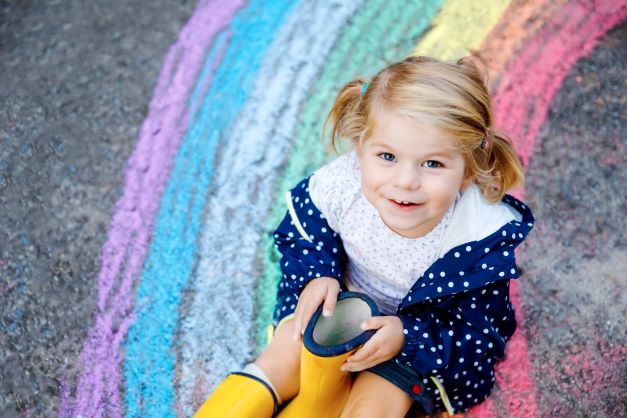
Supporting you and your child to play
Play is a wonderful connector, calmer, mood enhancer and skill developer.
For children who need support to learn play skills, occupational therapists and speech pathologists can assist to support their play, keeping in mind the normal progression of skills from simple to complex and through adapting and enhancing experiences.
Want to learn more?
At Early Start Australia, we offer a range of early childhood intervention services, such as children’s occupational therapy, psychology, paediatric physiotherapy, and speech therapy for kids, so you and your child can move forward with confidence.
Our multidisciplinary team will work tirelessly together with you to understand your child and how we can help them with the right strategies and tailored therapies.
Like you, we want to give your child every opportunity for a happy and healthy life.
If you want to learn more or see how we can assist you in giving your child the best early start to life, please give us a call.
With a local clinic near you, we are ready to give you a direct assessment of your child and work on reaching your family’s goals.




